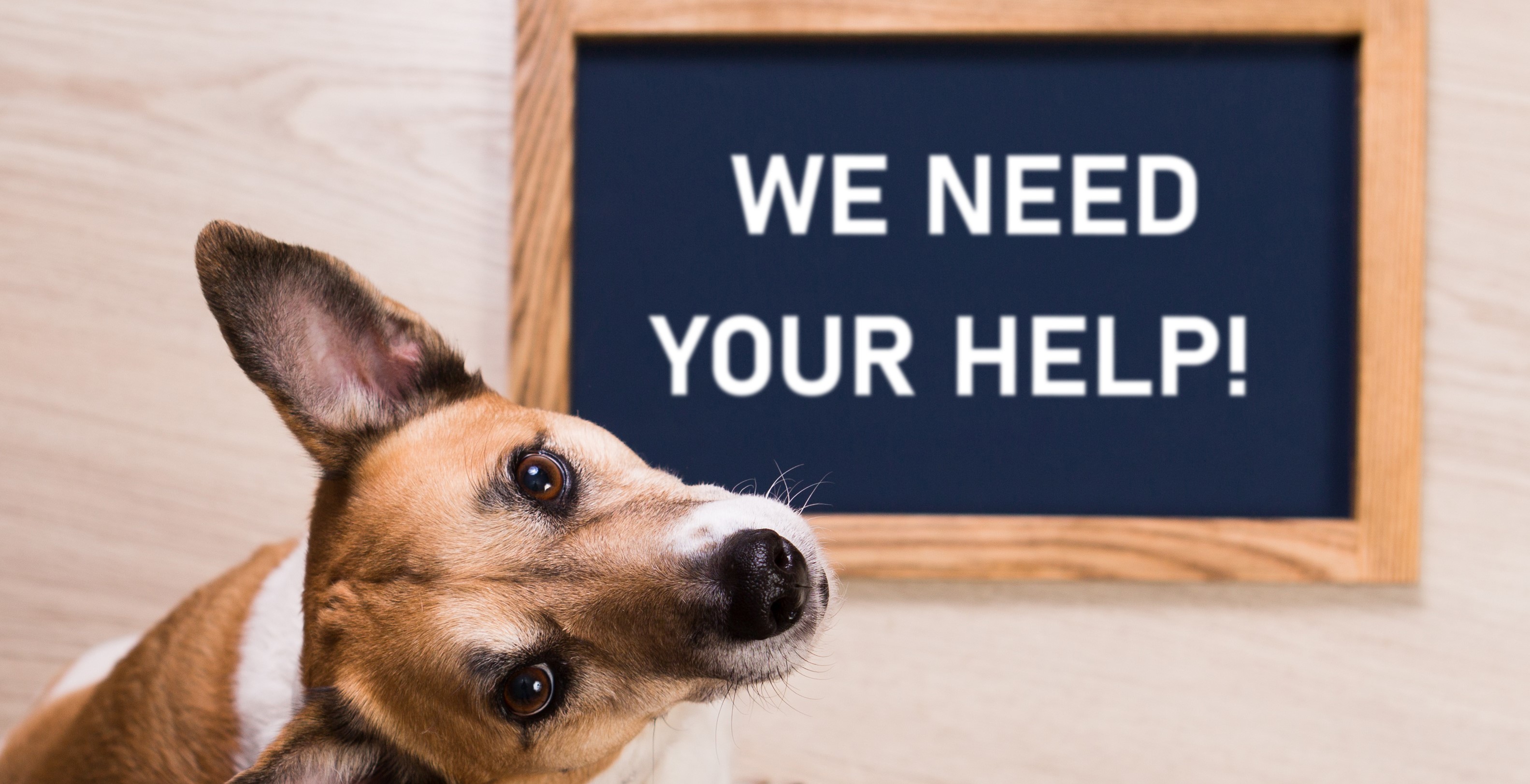
Animal Charity Advise Never Give your pet Away without checks
Why you should never give a pet away on social media or free to a good home.
All animals rehomed via WAW go to homes, that have been fully home-checked.
People who advertise their pet as ‘Free To Good Home’ or ask for a small amount of money, do so with the faith that their pet will be well looked after. Some of these pets will be lucky and go to genuinely caring people. However, there are too many people posing as good, caring people wanting to take the animal in, when what they are actually interested in is cruelly exploiting animals for their own ends.
Even if the person who initially takes your pet has good intentions, the simple fact is that, once a pet is no longer in your care, you have absolutely no control over who it gets passed on to, or what fate it may meet.
Below are just SOME of the fates commonly met by pets acquired through ‘Free To Good Home’ adverts, or sold for a low price. These fates apply to many different species of pets, not just dogs and cats.
-
Pets can end up in abusive homes - pets can often end up in an abusive home, there have been many cases of pets being attacked and murdered within hours of being in their new ‘homes’. Abusive adopters can convincingly seem good homes when they respond to ads, or any ads where checks are not made on them.
-
Used as bait animals in dog fighting - bait animals, such as dogs, cats and rabbits are thrown in with dogs that have been trained to fight by their owners, for them to practice viciously ripping apart. The bait animals have their mouths tied shut and usually their legs bound, so they cannot defend themselves. If they do not die from the dogs attacking them, they are coldly and cruelly discarded to suffer and die from their wounds, alone.
-
Ripped apart for entertainment & hunting practice - Sadly, ‘free to good home’ kittens, cats, rabbits, puppies, small dogs and other animals are often sought out by sick people wishing to set their dogs on them. These people find it entertaining and amusing to watch a smaller animal being ripped apart by their dogs, who they have trained to do this.
-
Used as live food - rodents advertised as free to good home, such as mice, hamsters, gerbils, rats, and other small animals commonly fall in to the hands of people who give them alive to their pet snakes to eat, or other pets that eat live food, as they get sick enjoyment out of watching it happen.
-
Used for cruel breeding – always neuter your animals, dogs are often kept outside, starved of affection and only ‘bothered with’ when they are of use in making money. When they no longer make money for the person, the pet is often abandoned or killed.
-
Sold to Puppy Farms - if a dog is a pure breed bitch, she can be sold to a puppy farm as a breeding dog. These are cruel places that are not concerned with the welfare of their animals, only their profits. The life of a breeding dog in a puppy mill is a miserable, lonely life. Their health and insides are ruined by being bred far more than is healthy. Veterinary treatment to treat them for that, and other ailments, is withheld, as it would cut in to profits. They receive virtually no human attention and when they become of no use to make money, they are either abandoned or killed inhumanely.
-
Sold on for a profit e.g. to Animal Testing Labs – many people see a free pet simply as an opportunity to make money. The pet is then sold on for a profit to anyone who is willing to pay, no matter how the pet will be treated. This includes animal experimentation / vivisection laboratories, where animals have a life of pain, suffering and loneliness.
-
Used in Animal Crush Videos – videos that generally feature, but do not limit themselves to, small live animals, such as kittens, puppies, mice and rabbits being slowly tortured in the most horrific and painful ways imaginable to give ‘pay to view’ online twisted individuals sexual gratification.
-
Animal hoarders – some people have a compulsion to collected animals and are generally unaware of the negative effects of the collection on their own health and well-being, on that of other family members and the animals. They tend to fail to provide minimal standards of nutrition, sanitation, and veterinary care. They fail to act on the deteriorating condition of the animals (including disease, starvation or death) and the environment (severe overcrowding, extremely unsanitary conditions).
Don’t risk taking people at face value, even if they seem to ask all the right questions, and no matter how offended they may appear to be.
